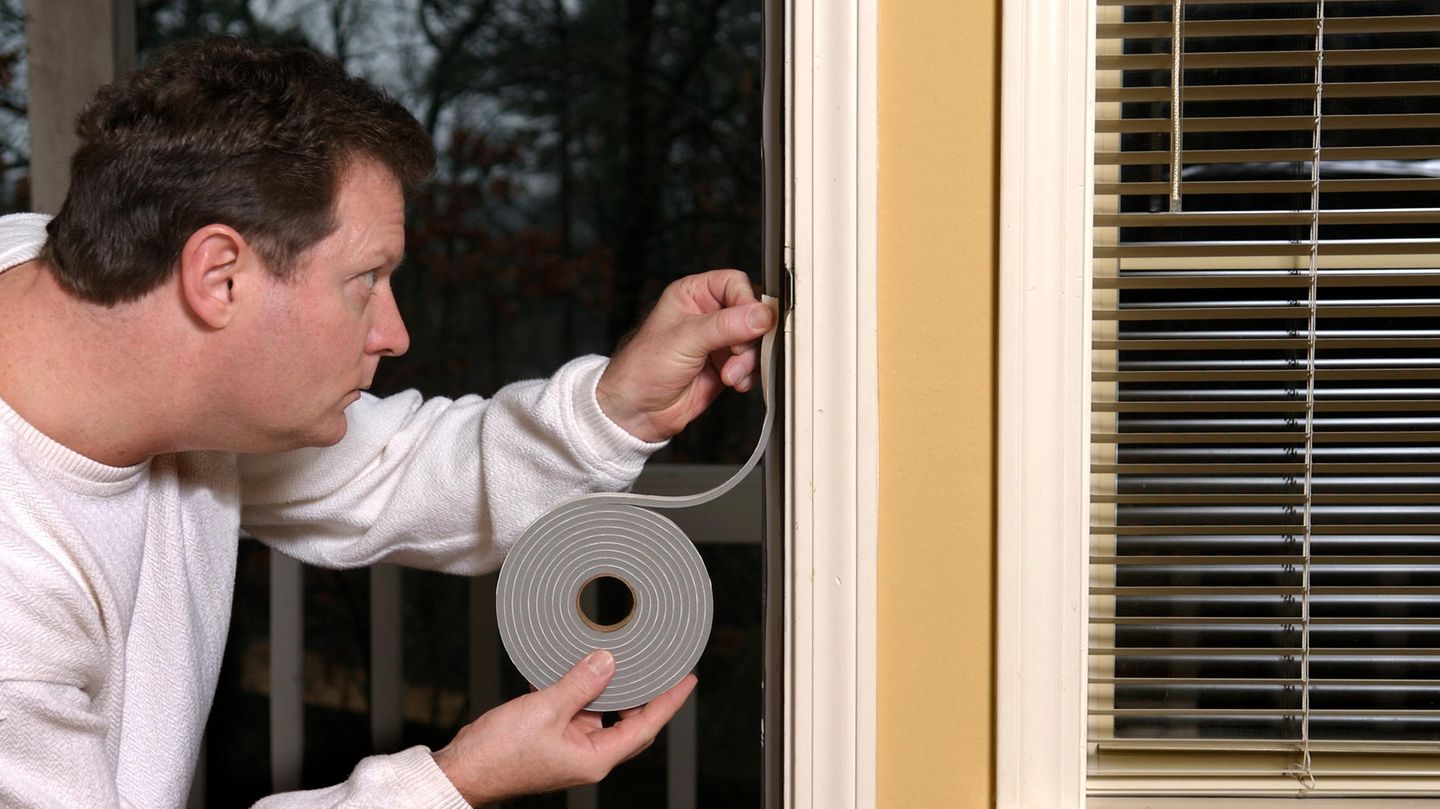The government plans for the care reform are to be welcomed. But there are only vague announcements for the 24-hour care. At a press conference on Friday, representatives of several organizations warned that this important system was on the brink of collapse due to rising prices. They also demanded more money for care at home: the funding, which has never been valorized, must be increased and quality promoted through bonuses. That would cost 220 million euros.
“We have no alternative here”
With the rise in prices, the pressure to go into the home is increasing – the people being cared for and their families have to pay for the food, lodging and travel expenses of the caregivers as well as their fees. However, there are not enough places at home because of the great lack of staff. And homes are – apart from the fact that many older people want to stay at home – the most expensive type of care. So there is “a very great need to strengthen 24-hour care, we have no alternative here,” appealed Caritas Secretary General Anna Parr.
Currently, between 25,000 and 30,000 people make use of the 24-hour care (that is around five percent of the care allowance recipients). 160,000 are cared for at home with the support of mobile services and 75,000 in homes. The public sector spends 160 million euros a year on 24-hour care, i.e. 550 euros per month for 25,000 people. This has never been valorized since its inception 15 years ago. So the real value dropped to 423 euros.
Help soon no longer available
“This political scandal needs to be eliminated,” said Elisabeth Anselm, managing director of the aid organization. With the current wave of inflation, the 24-hour help is soon no longer affordable for many, there are already the first contract terminations, reported Parr – and also demanded an inflation adjustment of the care allowance.
The second major concern of the organizations is quality assurance. In 2019, the Ministry of Social Affairs created guidelines, the association for promoting quality in the care of older people – ÖQZ-24 implements the program. Around a third of those being cared for are now using one of the 40 (of some 100) certified placement agencies, reported ÖQZ-24 Managing Director Johannes Wallner. These agencies pay attention to fair fees, compliance with quality criteria, offer specialist care support (carers are usually “only” home help) and support in emergencies.
Bonus system required
The costs for quality assurance cannot be financed with the basic funding. Ultimately, you meet the people you look after or their families themselves – and a visit by a nurse costs about 65 euros. The initiative therefore calls for a bonus system: there should be a fairness bonus of 325 to 550 euros (depending on the level of care) for those in care who are willing to pay a minimum fee – and a quality bonus of 250 to 430 euros for the costs of specialist care and quality assurance. In total, including the increase in basic funding, that would be around EUR 220 million more for 24-hour care.
“Must not be reserved for the rich”
Valorization was vaguely promised in the care reform concept, there is no mention of quality assurance – but it is in the government program, emphasized Karin Hamminger (care group agency). Of course, quality costs money, but high-quality care “must not only be reserved for the wealthy”. The pandemic has shown that 24-hour care is a very important part of the system, noted supervisor Bibiána Kudziová – and one could see that it is the safest form of care, noted Mario Tasotti from “LebensWerte Seniorenbetreuung”.
Video: What do experts say about care reform? Elisabeth Potzmann (President of the Health and Nursing Association) and Martin Nagl-Cupal (Head of the Institute for Nursing Sciences, University of Vienna) speak in the “ZIB 2” interview about the package presented by the government on Thursday.
This video is disabled
Please activate the categories Performance Cookies and Functional cookies in your cookie settings to view this item. My cookie settings
Source: Nachrichten




